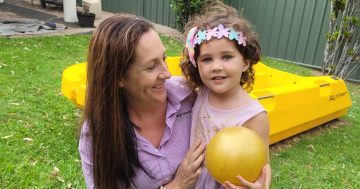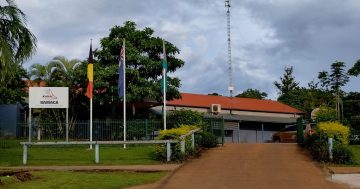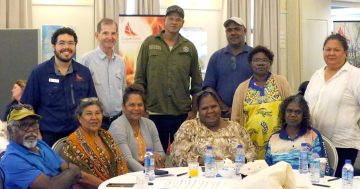
CRITICAL meetings to determine the future of welfare management in Cape York will be held with community leaders this Friday.
New laws to abolish the controversial cashless debit card (CDC) scheme were passed through the Lower House of federal parliament last week.
But welfare restrictions in Cape York communities will remain with an older form of income management known as the Basics Card set to replace the CDC within six months.
There are around 108 people in Cape York currently volunteering to be part of the CDC program.
Social Services Minister Amanda Rishworth told Cape York Weekly that meetings in Cairns would help determine how the new welfare strategy worked on the Peninsula.
“The assistant minister (Justine Elliott) and myself will be having discussions with leaders about how they are using income management and where they would like it to go in the future,” Ms Rishworth said.
“I’m going to have broad-ranging conversations to get a clear understanding of how it’s used and what people want going forward.
“I want to have a genuine conversation with leaders.”
Ms Rishworth will meet with the Family Responsibilities Commission (FRC), an independent authority that works with welfare recipients in several remote Cape York communities.
Under the CDC, up to 80 per cent of a person’s welfare payments were quarantined to prevent money being spent on alcohol and gambling.
Similar restrictions apply to a Basics Card which only allows users to buy items like food, clothes and hygiene products from pre-approved stores.
But Ms Rishworth said the Basics Card had several advantages.
“One of the downsides of the CDC is if someone takes your card you can’t put a freeze on your card,” she said.
“You can do that with the Basics Card. There was also a lot of concern about a private company (Indue Ltd) holding your information.”
In a statement, an FRC spokesperson said the organisation “is pleased that its decision-making processes and role in authorising Indigenous local authority are being considered of value”.
The FRC was formed in 2008 in partnership with four remote Indigenous communities, the state and federal government and Cape York Institute.
Ms Rishworth said the FRC model had generated interest around alternative ways to manage welfare.
“There are a number of communities looking at the Commission model,” she said.
“It does provide a very clear referral process (for income management).”
The commission’s aim is to improve living standards in communities through welfare reform.











